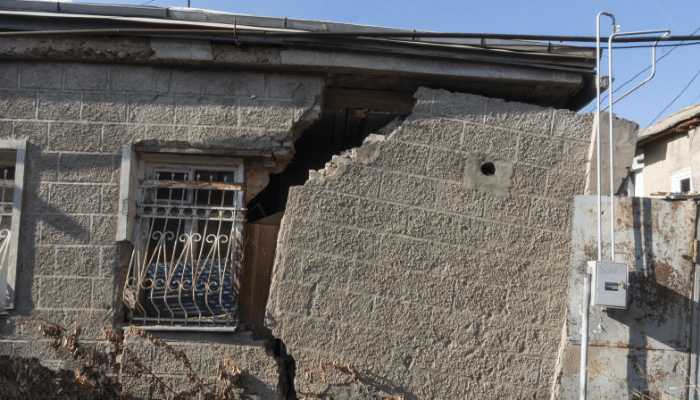Within the last few months, Utah has experienced several earthquakes. People all along the Wasatch Front felt the 5.7 and 4.6 magnitude earthquakes. Meanwhile, those in the Boise, Idaho area sustained a more significant 6.5 magnitude earthquake. While these natural disasters did not do much damage to homes or cause any serious harm to people, the “big” earthquake is yet to come.
Are you and your loved ones ready for the next inevitable earthquake? Read more below to find out how you can prepare.
Utah Earthquake Statistics
These statics come from the Utah Geological Survey:
– Utah typically experiences more massive sized earthquakes (between 6.5 and 7.5 magnitude) every 50 to 150 years. The last one this size, a 6.5 magnitude, was in Richfield, Utah, in 1901. That was 119 years ago, meaning Utah is due to have another destructive earthquake soon.
– Moderately sized earthquakes (ranging in 5.5 to 6.5 magnitude) usually occur every 10 to 50 years. The last one Utah experienced was earlier this year.
– Less severe earthquakes (magnitude 5.0 to 5.4) occur approximately seven times each year.
How to Be Prepared for the Next Earthquake
Utah is in a seismically active region, and a majority of its population is concentrated in hazardous areas. Many older buildings in Utah have low earthquake resistance. In years past, Utah has experienced damaging earthquakes, and, according to geologic evidence, a much larger shock is likely in the state’s future.
Preparing yourself against inevitable earthquakes is Utah’s only defense. Here are a few ways you can prepare your family for an earthquake:
– Make a Plan — Make a communication plan and a meet-up plan with your family. If there is an emergency like an earthquake that knocks out cell towers or landlines, you and your loved ones will need to know how to meet up.
– Secure Your Home — Move or secure items that may fall in your home during an earthquake; this includes bookshelves, wall-mounted mirrors or art, and top-heavy furniture.
– Familiarize Yourself with Procedures and Practices — Conduct random drills in your home throughout the year, know how to use fire extinguishers, and how to drop, cover, and hold on.
– Food and Water Storage — Keep two weeks’ worth of food and water stored in your home.
– 72-Hour Kit — Fill an emergency bag with your necessary supplies, and keep it ready to go in an accessible location. This bag may look different for each family. Pack your necessary items and must-haves that cover at least three days in a bag you can grab at a moment’s notice.
– First Aid Kit — Have a well-stocked first aid kit in your home and know basic first aid skills.
– Reinforce Your Home — Make sure your home is strong enough to withstand an earthquake.
– Get Earthquake Insurance — If your home sustains damage in an earthquake, you will need earthquake insurance to collect compensation.
Bear River Mutual Insurance Can Help
Protect your home against earthquake damage with earthquake insurance from Bear River Mutual Insurance. Contact us by calling or filling out our secure online form and get covered today.




